


The Centre can assess your company’s supply chain, or specific areas within your supply chain, in terms of child rights and human rights due diligence. The aim of this service is to give you a comprehensive understanding of where your operations have a direct and indirect impact on children and to present you with recommendations on how to manage potential and identified risks.
We have developed four main types of risk assessments, each tailored to different needs:
High-Level Desktop Risk Assessments: Provide a broad overview of potential risks using existing data to help companies prioritise further investigations.
Targeted Child Rights Impact Assessments: A cost-effective, standardised approach focusing on child labour risks in identified high-risk areas.
Sector-Wide Child Labour Risk Assessments: Combine on-site visits with contextual research to provide insights into child labour risks across specific sectors.
Comprehensive Risk Assessments: The most in-depth approach, combining surveys, quantitative data, and on-the-ground assessments.
We integrate contextual indicators (e.g. access to education, poverty levels, gender issues, environmental factors) with supply chain data (e.g. production processes, recruitment practices) to assess risk levels. This combined approach helps companies pinpoint where to focus their efforts.
We follow a standardised methodology that provides a clear overview of where actual and potential risks may be found, along with concrete suggestions for changes that create positive impact while supporting long-term, business-friendly solutions.
Our assessments do not treat child rights in isolation, but consider them in the context of overall production and working conditions, gender, human trafficking, and forced labour.
Our proven risk assessment methodology provides an overview of the supply chain and provides a clear outline of where actual and potential risks may be found. Rather than merely presenting a list of vulnerabilities, our risk assessment provides clear and practical recommendations on how to make changes in a way that creates positive impact while respecting the need for long-term, feasible and viable business friendly solutions.
Our assessments involve all stakeholders including young workers, parent workers and the children themselves, as well as management of production facilities and other employees, to get the fullest, most accurate picture. Assessments typically draw on all or a combination of the following methodology:
Desk research, with references to international and national laws & regulations, compliance standards and data and review of key company policies and guidelines
On-site visits and observations
Quantitative surveys with e.g. workers and managers (depending on the scope of assessment)
Face-to-face interviews with key informants
Focus group discussions and participatory exercises including with children
Preparation of assessment report including data compilation and analysis, development of recommendations and next steps
Awareness-raising webinars
Child rights risk indicators based on severity (scope and scale), actual or potential, linkage (caused, contributed by, or linked to the brands) and leverage (the brands’ level of influence)
The likelihood of violations
The significance of identified risks and what that means for your company
Recommendations presented on three levels, with each level rated by five key dimensions: resources, impact, complexity, sustainability and scalability. Our recommendations also map out a long-term strategy for improving child rights footprint and supply chain resilience
The Centre has performed numerous child rights and human rights risk and impact assessments within the following industries and areas:
Toy industry (conducted in China, India and Vietnam)
Garment & textile industry (conducted in Bangladesh, Cambodia, Ethiopia, India, Myanmar, Türkiye and The Philippines)
Homeworker settings (conducted in Bangladesh, China, India, Indonesia, Malaysia, Myanmar, Türkiye and Vietnam)
Electronics industry (conducted in China, Malaysia and Hungary)
Forestry industry/plantations (conducted in Brazil, China, Laos, Madagascar)
Agriculture products and processing (conducted in the US)
Small-holder cacao farms (conducted in Indonesia)
Small-holder tea plantations (conducted in Sri Lanka and Indonesia)
Natural fibre industry (including sea grass and rattan in Indonesia and Vietnam)
Coffee plantations (conducted in Brazil, Papua New Guinea, Uganda, Vietnam)
Small-holder hazelnut gardens (conducted in Türkiye)
Rice (conducted in Cambodia)
Rose gardens (conducted in Türkiye)
Jasmine flowers (conducted in Egypt)
Cotton (conducted in Côte d'Ivoire)
Palm oil (conducted in Indonesia and Malaysia)
Pepper plantations (conducted in Vietnam)
Spices (conducted in India)
Mining (cobalt mining in the DRC, mineral supply chain in China, natural stone in Vietnam and China; mica in Madagascar; construction in Vietnam)
Sugarcane (conducted in India)
Crop farming and aquaculture (conducted in Vietnam)
The Centre also offers smaller factories and production-area-specific child rights risks assessments with a focus on child labour, juvenile workers and/or migrant parents. Please contact us to learn more about our child rights and human rights risk assessments in supply chains.
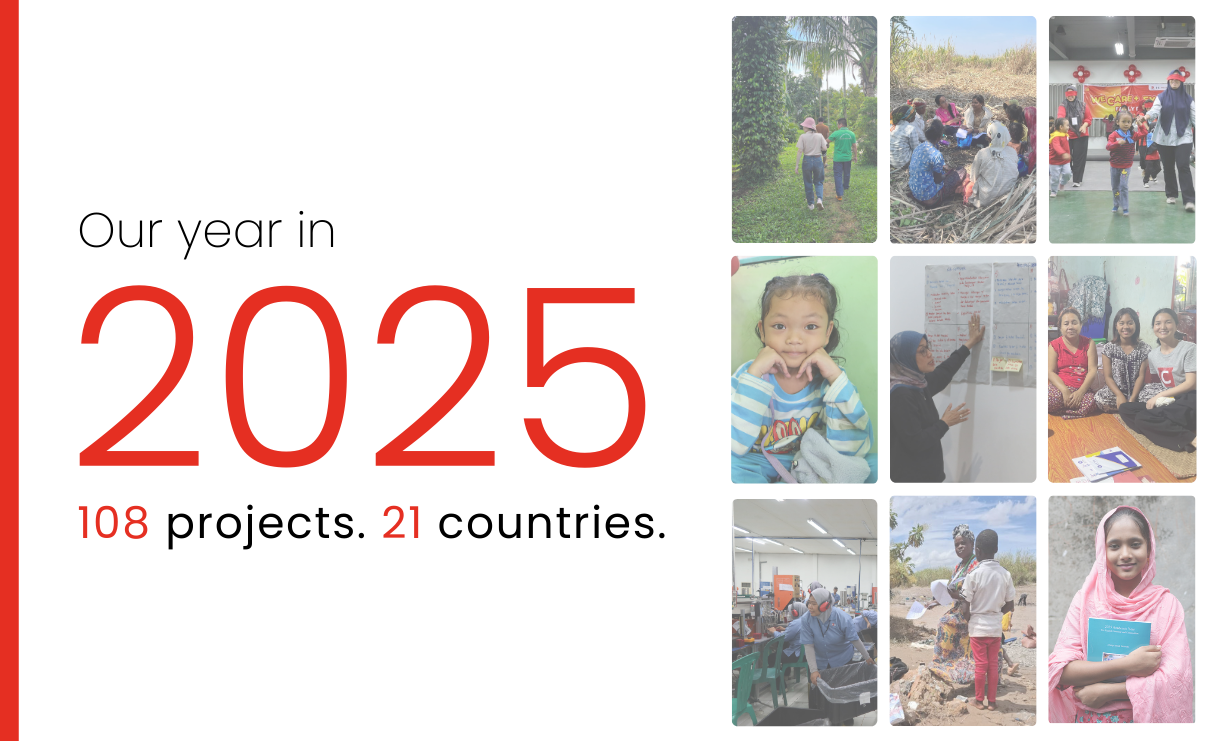

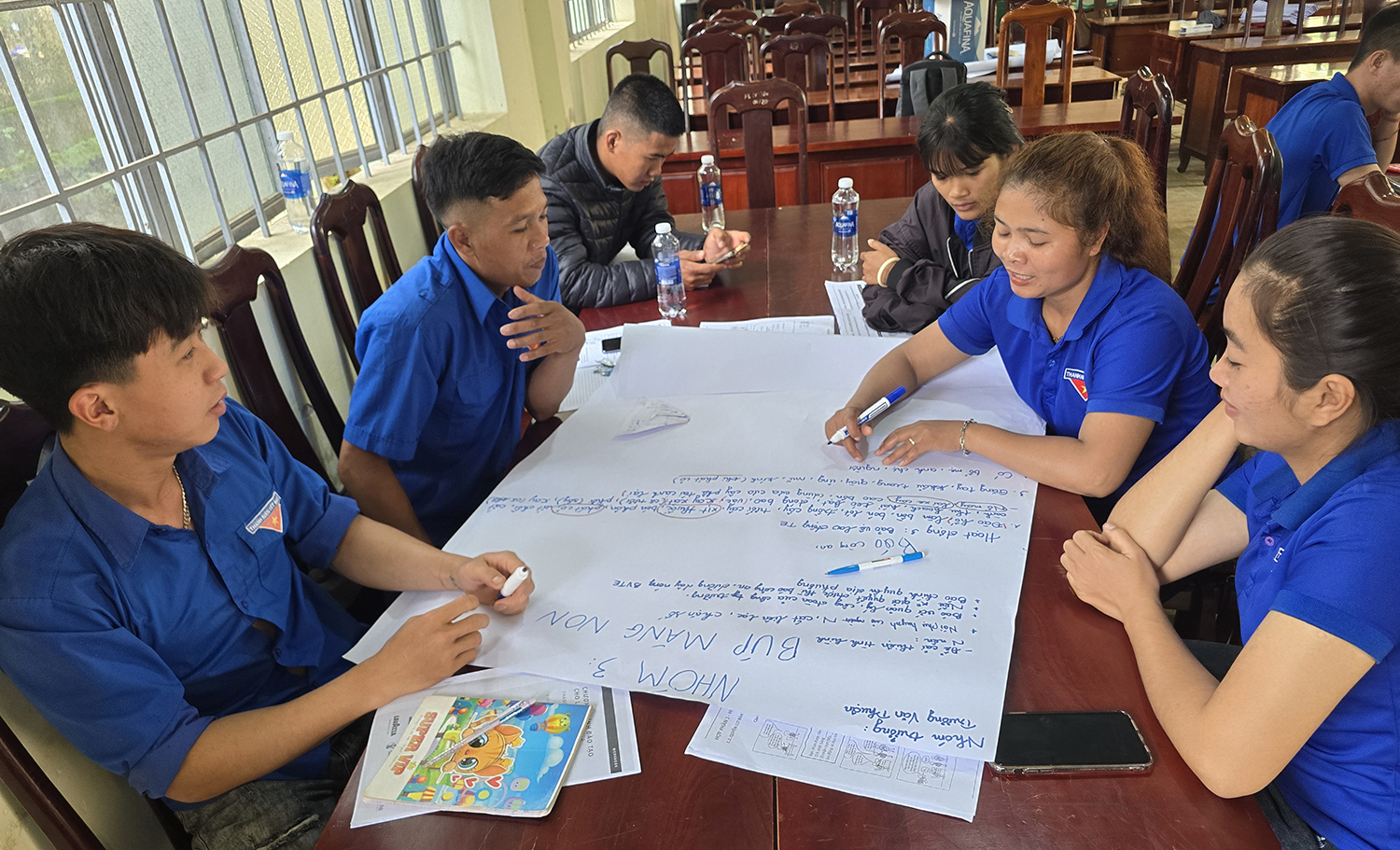

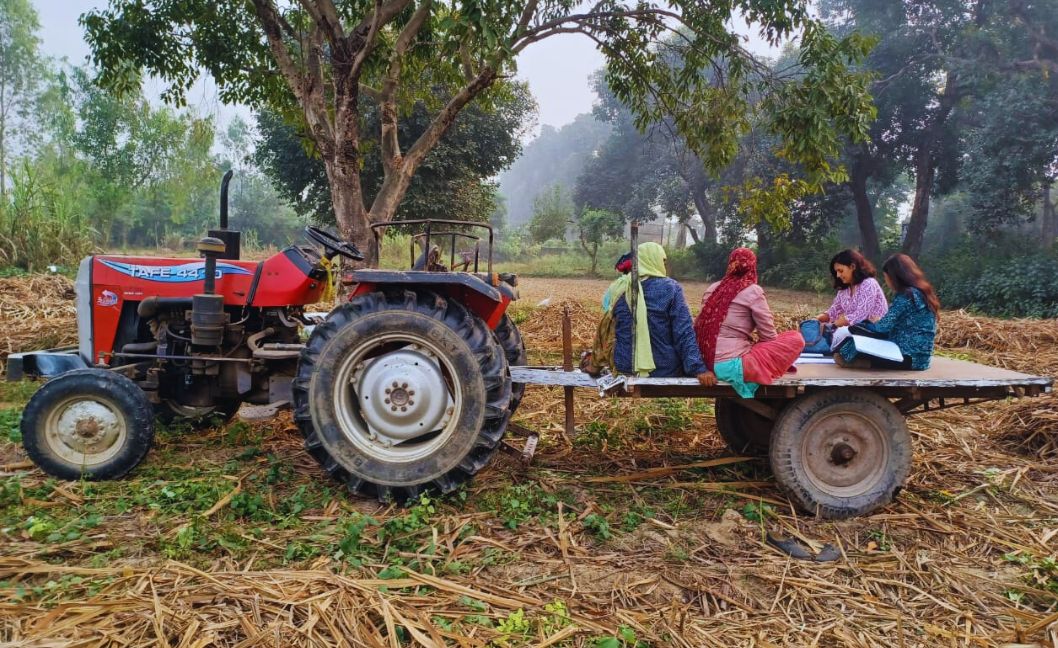

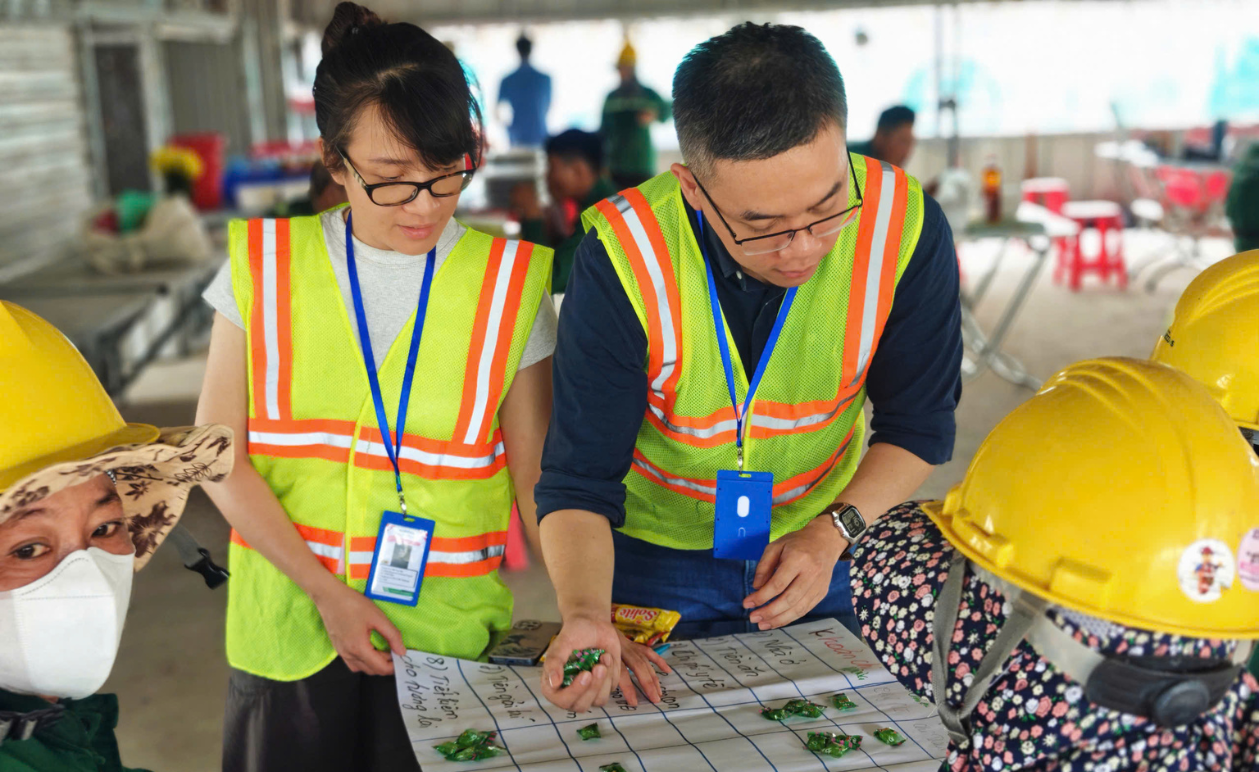

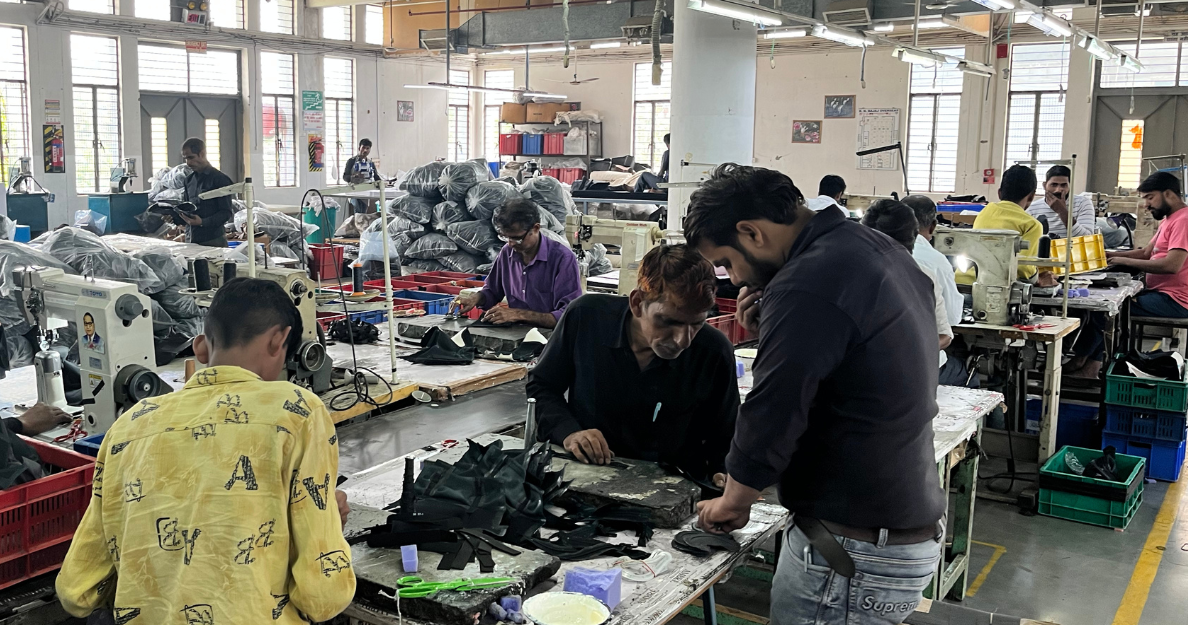

 (24).png)

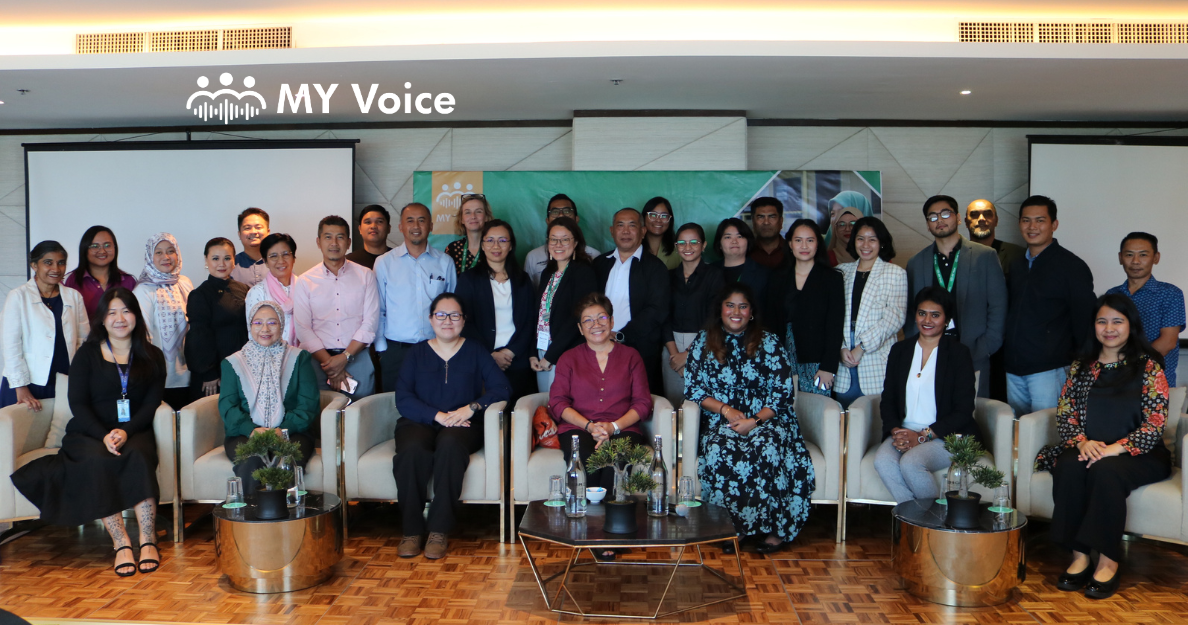

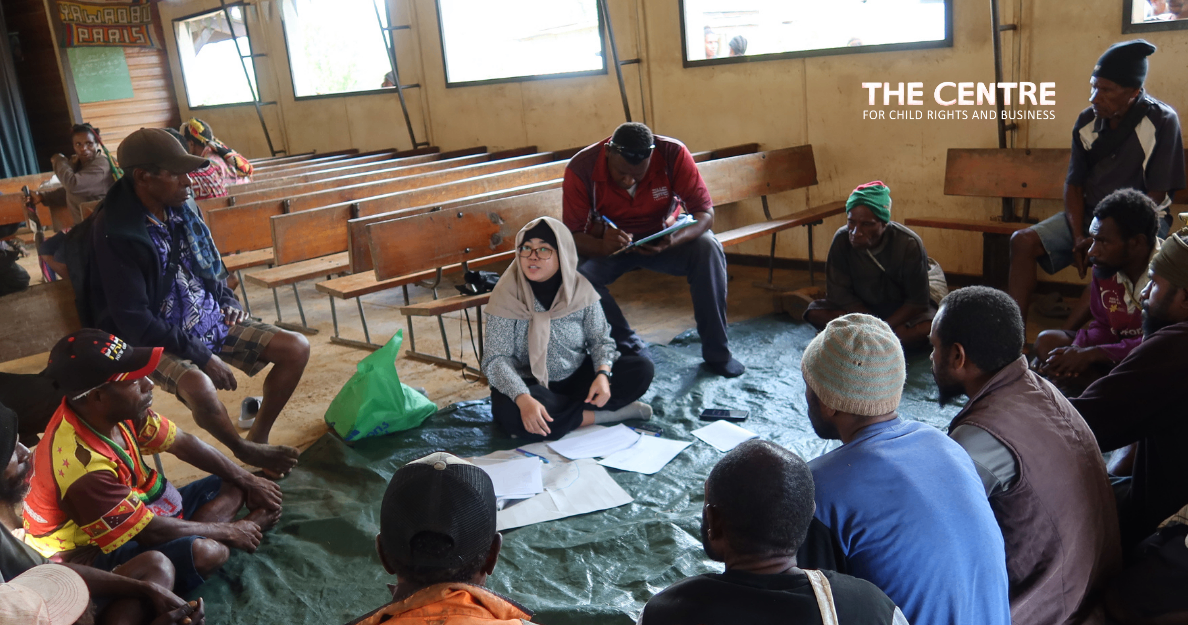

.png)

By using this website, you agree to our use of cookies. We use cookies to provide you with a great experience and to help our website run effectively.